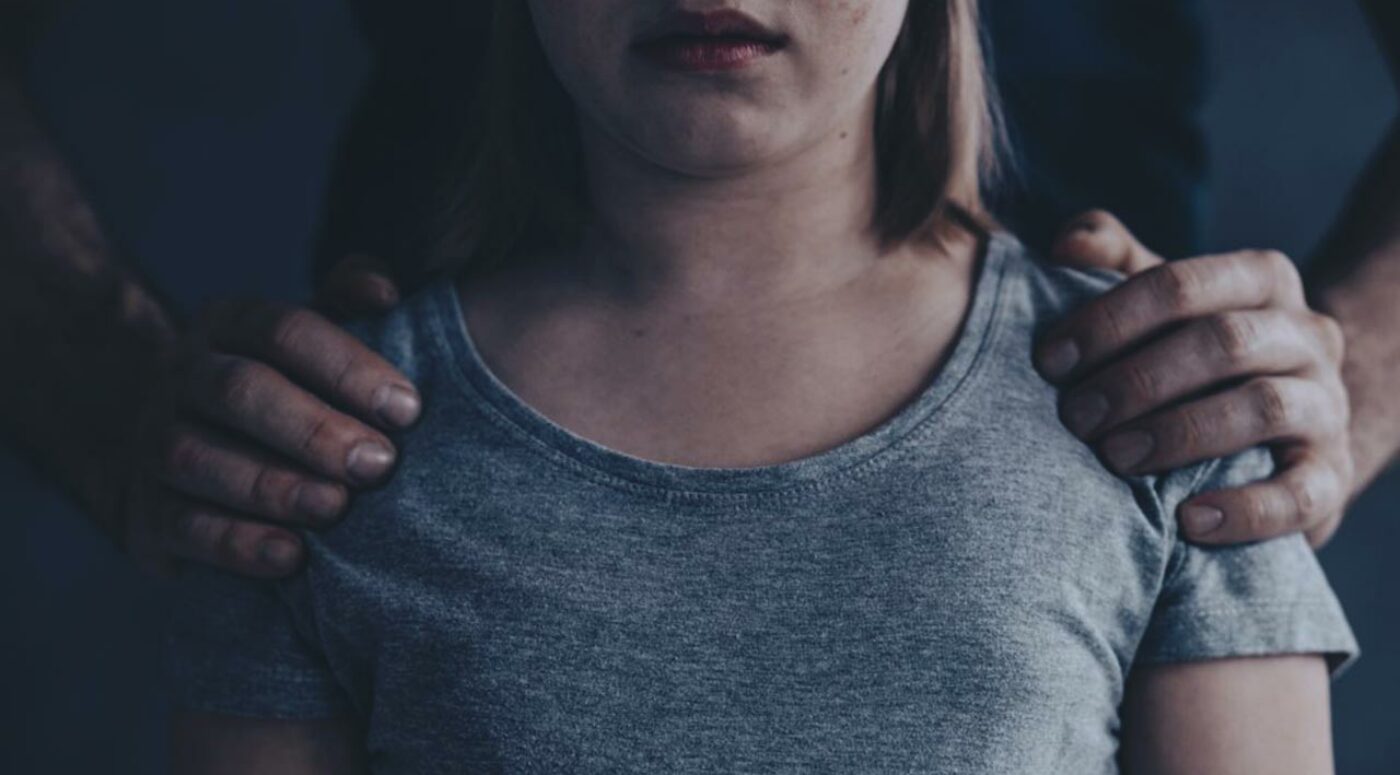

The offence of meeting a child following sexual grooming is an incredibly serious offence under English law, with regulators and courts acting swiftly and sternly to protect children from adults who seek to exploit them for sexual purposes. If you or someone you care about has been charged – or is facing a charge – of meeting a child following sexual grooming, you undoubtedly have numerous concerns and want to better understand your options. In this article, we outline the offence of meeting a child following sexual grooming, provide some examples of what might constitute the offence, and answer some of the most common questions we get about how cases proceed.
What is the offence of meeting a child following sexual grooming?
Under Section 15 of the Sexual Offences Act 2003, the offence of meeting a child following sexual grooming occurs when an individual, aged 18 or over, intentionally meets a child under the age of 16 following sexual grooming. Sexual grooming involves actions or communication with the intent of encouraging a child to meet for sexual purposes. To secure a conviction for this offence, the prosecution needs to prove:
- Age of the defendant – the defendant must be 18 years of age or older at the time of the alleged offence.
- Communication or actions amounting to grooming – the prosecution needs to establish that the defendant engaged in communication or actions with the intent of grooming the child. Grooming involves building a relationship with the child for the purpose of encouraging or facilitating sexual activity.
- Meeting with a child – it must be demonstrated that, as a result of the grooming, the defendant intentionally met with a child who is under the age of 16. The meeting must be shown to have occurred for sexual purposes or with the intention of engaging in sexual activity.
- Intent – the prosecution needs to prove that the defendant had the specific intent to meet with the child for sexual purposes following the grooming.
- Age of the child- it must be established that the child involved in the case was indeed under the age of 16 at the time of the alleged meeting.
- Consent – consent is not a defence in cases involving children under the age of 16, as they are legally incapable of giving consent to sexual activity.
It is advisable to speak to a qualified child grooming defence solicitor to understand exactly how the prosecution might seek to proceed, based on the facts of your case. By understanding that, you can better position yourself to start compiling your defence.
What are some examples of meeting a child following sexual grooming?
Examples of this offence include:
- An adult engages in online conversations with a child, gradually building a close relationship and trust. The adult eventually arranges to meet the child in person for sexual activities.
- A person uses social media platforms to befriend and establish a rapport with a minor. They then persuade the child to meet them in person for sexual purposes, often using deception or manipulation.
- After a series of secretive conversations, an adult arranges to meet a child without the knowledge of the child’s parents or guardians, intending to engage in sexual activities during the meeting.
- An adult may groom a child by giving them gifts, money, or other incentives to build trust and compliance. They then use this trust to arrange a meeting for sexual exploitation.
- The adult may assume a false identity, such as posing as a younger person, to gain the child’s trust and arrange a meeting for sexual purposes.
What happens if you are suspected of meeting a child following sexual grooming in the UK?
If you are suspected of meeting a child following sexual grooming in the UK, the police and other law enforcement agencies – including specialist units – will investigate. Here is an overview of what typically happens:
- Investigation – when the police receives a report or has reason to believe that someone may have met a child following sexual grooming, they will initiate an investigation. This will involve gathering evidence, interviewing witnesses, and examining digital communications if they were part of the grooming process.
- Arrest or voluntary interview – if the evidence suggests that you may have committed the offence, the police may arrest you or invite you for a voluntary interview to gather your statement and evidence.
- Questioning – during the interview, you will be questioned about the allegations. Remember that you have the right to remain silent and seek legal advice. Anything you say during the interview can be used as evidence in court.
- Charge or release – depending on the evidence and the outcome of the initial investigation, you may be charged with the offence or released without charge. If charged, you will receive a court date for your appearance
- Trial – if you plead not guilty, a trial will take place where both sides present their cases. The court will make a determination based on the evidence and arguments presented.
- Sentencing – if you are found guilty, the court will determine the appropriate sentence, which may include imprisonment, community service, probation, or other penalties. The severity of the sentence will depend on the circumstances of the case and any previous convictions.
It is natural to feel like you want to explain and defend yourself at every opportunity as an investigation like this is going on, but it is best to seek legal advice as early on in the process as possible to ensure that you are not at risk of self-incrimination.
What is the sentence for meeting a child following sexual grooming?
The sentence for meeting a child following sexual grooming under Section 15 of the Sexual Offences Act 2003 is a maximum of 10 years’ imprisonment. The minimum starting point for the offence is 18 months’ for the least serious cases with minimal harm suffered by the victim. As ever, judges will be looking at a series of factors related to culpability and harm to make a determination as to what the appropriate sentence is.
Additionally, those convicted may be required to register as sex offenders, which can last for an extended period. Courts may also impose probation, community service, or restraining orders as part of the sentence.
The Sentencing Council has detailed guidelines on the offence of meeting a child following sexual grooming, which are helpful in understanding what factors judges take into account in sentencing.
Are there any defences to meeting a child following sexual grooming?
Potential defences include:
- Mistaken age – if the defendant genuinely believed that the child was over the legal age of consent (16 in the UK) and had reasonable grounds for this belief, they may argue that they did not knowingly meet a child. Note, however, that this defence is often very challenging to establish, and it may not absolve the defendant of all liability.
- No intention of sexual activity – if the defendant can demonstrate that they had no intention of engaging in sexual activity with the child during the meeting, it may be considered a defence. This could include evidence that the meeting was purely social or for a different non-sexual purpose.
- Lack of intent – if the prosecution cannot prove that the defendant had the specific intent to meet a child for sexual purposes following grooming, a defence based on lack of intent may be raised.
- Duress or coercion – if the defendant can show that they were forced or coerced into meeting the child and had no reasonable choice, this might be considered a defence. Establishing duress in these situations can be complex and requires strong evidence.
- Alibi – if the defendant can provide a solid alibi, such as evidence proving they were not at the location of the alleged meeting, this could be used as a defence.
Given the large amount of evidence that the police and other agencies collect when compiling these cases, having a highly experienced criminal defence solicitor who knows the intricacies of the judicial system and the nuances of these cases is essential.
Will I go to prison if it is my first time committing the offence of meeting a child following sexual grooming?
Whether you go to prison for committing the offence of meeting a child following sexual grooming as a first-time offender depends on numerous factors. Courts consider the nature and severity of the offence, any mitigating or aggravating circumstances, and your personal history. First-time offenders might receive different treatment compared to repeat offenders, by virtue of it being their first offence, but nothing is guaranteed.
Mitigating factors, such as remorse and cooperation, could potentially lead to a less severe sentence. Conversely, aggravating factors, like deception or premeditation, may result in a more substantial penalty.
Where to get further help
Consulting with a skilled criminal defence solicitor is vital not just to understanding the potential outcomes of your case and developing an effective defence strategy, but for giving you peace of mind throughout whatever legal process your case follows. For a free consultation about your options, get in touch with the team at Stuart Miller Solicitors.
OUR COMMITMENTS TO YOU:
-
Responsive
A legal expert will consult you within 24 hours of making an enquiry.
-
Empathetic
We will always treat you with trust, understanding and respect.
-
Specialised
Your case will be handled by an expert who specialises in your type of offence.
-
Proactive
We will take early action to end proceedings as soon as it is practically and legally possible to do so.
-
Engaged
You will be kept updated on your case at all times. We will provide a named contact available to answer your questions.
-
Caring
We understand this is a difficult and stressful time for you and your family. Our team will support you every step of the way.
-
Tenacious
We will never give up on your case. We fight tirelessly to get you the best possible outcome.

